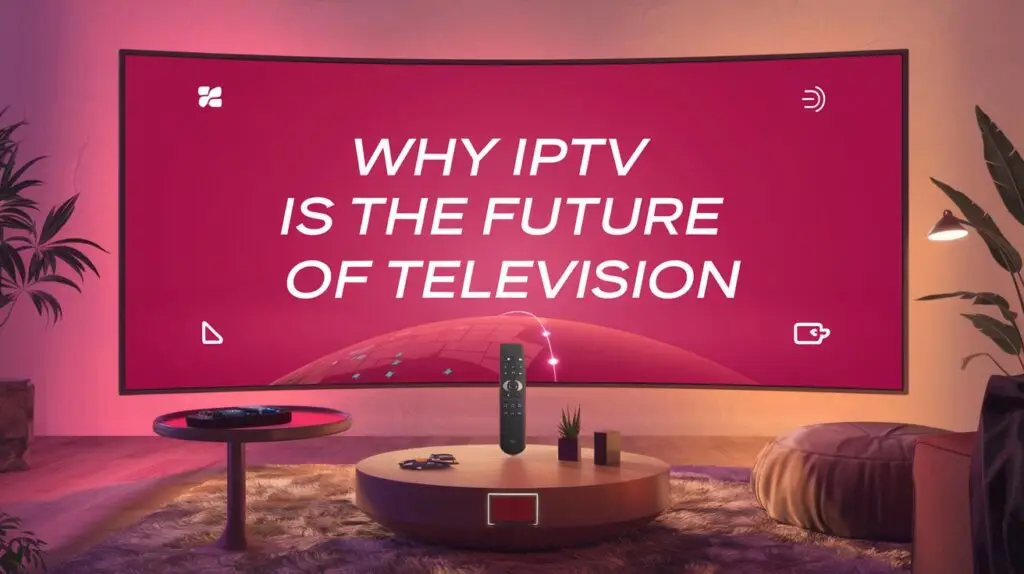
The television landscape is rapidly evolving, and IPTV (Internet Protocol Television) is at the forefront of this transformation. Here’s why IPTV is shaping the future of television.
1. Flexibility and Customization
IPTV offers unparalleled flexibility:
- On-Demand Content: Access shows and movies anytime, without being tied to a schedule.
- Personalized Viewing: Create custom playlists and recommendations based on viewing habits.
2. High-Quality Streaming
IPTV provides superior streaming quality:
- HD and 4K Options: Enjoy content in high definition and ultra-high definition.
- Adaptive Streaming: Adjusts quality based on internet speed to minimize buffering.
3. Wide Range of Content
Access to diverse content is a major advantage:
- Global Channels: Watch international channels and content from around the world.
- Niche Programming: Find specialized channels catering to specific interests.
4. Cost-Effectiveness
IPTV can be more economical:
- Affordable Packages: Choose from various pricing plans to fit your budget.
- No Hidden Fees: Avoid the extra charges often associated with traditional cable.
5. Interactive Features
Enhance your viewing experience with interactive options:
- Pause and Rewind: Control live TV with the ability to pause, rewind, or fast-forward.
- Interactive Guides: Easily navigate channels and discover new content.
6. Multi-Device Accessibility
Watch your favorite shows on multiple devices:
- Cross-Platform Support: Stream on smartphones, tablets, smart TVs, and computers.
- Seamless Experience: Start watching on one device and continue on another.
7. Future-Proof Technology
IPTV is built for the future:
- Scalability: Easily adapt to new technologies and viewing habits.
- Integration with Smart Homes: Connect with smart home devices for a cohesive experience.
Conclusion
IPTV is revolutionizing the way we consume television by offering flexibility, high-quality streaming, a vast content library, and cost-effective solutions. As technology advances, IPTV is poised to become the dominant force in the television industry, making it the future of how we watch TV.
Ready to Cut the Cord?
Join the streaming revolution with TVStreamify.com! Whether you’re a sports fanatic, movie lover, or international content enthusiast, our service delivers it all. Claim your IPTV FREE TRIAL today and experience the future of television.
Say goodbye to cable and hello to endless entertainment with TVStreamify.com—where quality meets affordability!
